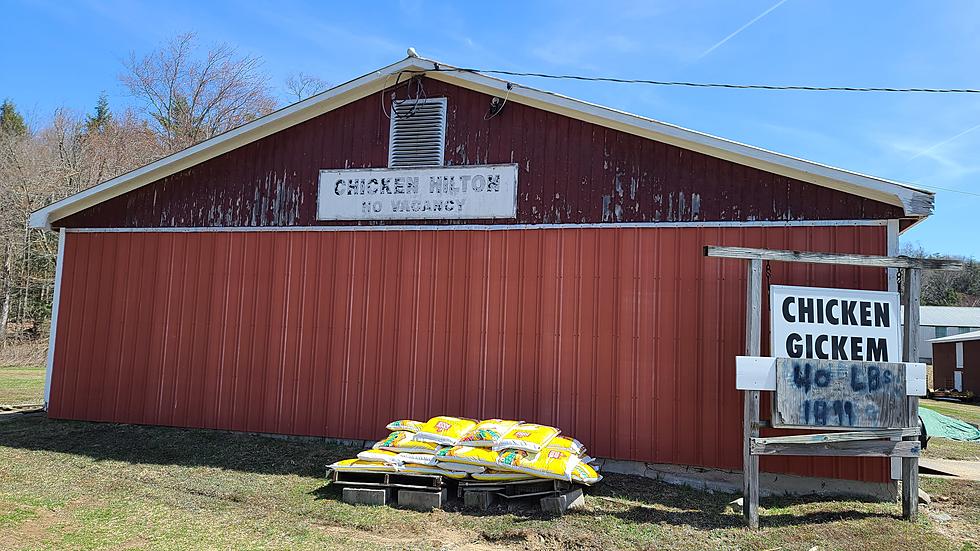
Distemper Forces Central New York Dog Shelter To Close
Confirmed cases of canine distemper have forced a local dog shelter to close its doors temporarily.
Helping Hounds Dog Rescue is a non-profit dog rescue organization that finds forever homes for about 1700 dogs a year located in DeWitt. They are not accepting any new dogs or adopting out as they are taking precautions due to confirmed cases of canine distemper, a serious viral disease. Their press release states that it's unusual to see distemper in CNY because of vaccination and vaccination boosters.pets
Kathy Gilmour, Executive Director of Helping Hounds Dog Rescue located at 6606 Kinne Road, is located outside ShoppingTown Mall tells Syracuse.com that five dogs have been confirmed with the illness and three have died. There are 30 dogs in the shelter at this time.
According to PetMd: Canine distemper is a contagious and serious viral illness with no known cure. The disease affects dogs, and certain species of wildlife, such as raccoons, wolves, foxes, and skunks. The common house pet, the ferret, is also a carrier of this virus. Canine distemper belongs to the Morbillivirus class of viruses and is a relative of the measles virus, which affects humans, the Rinderpest virus that affects cattle, and the Phocine virus that causes seal distemper. All are members of the Paramyxoviridae family. Young, unvaccinated puppies and non-immunized older dogs tend to be more susceptible to the disease.
While all dogs at Helping Hounds are vaccinated for distemper before their adoption, the vaccination is not effective for dogs that had already been infected or have a weakened immune system. There have been confirmed outbreaks of distemper throughout the United States. Many cases have been attributed to unvaccinated domestic pets, as well as, wildlife displaced during the severe hurricane season that ravaged the Southern states last Fall.
Gilmour says “During the temporary closure will be working closely with the veterinarians from Cornell University Shelter Medicine who will guide us with their expertise. In addition, we have consulted with the ASPCA and local veterinarians. Working together, we will take any necessary steps to prevent further spreading of the disease. Our dogs are family, and they deserve our full love and attention on this matter.”
More From The Eagle:
More From 96.1 The Eagle









